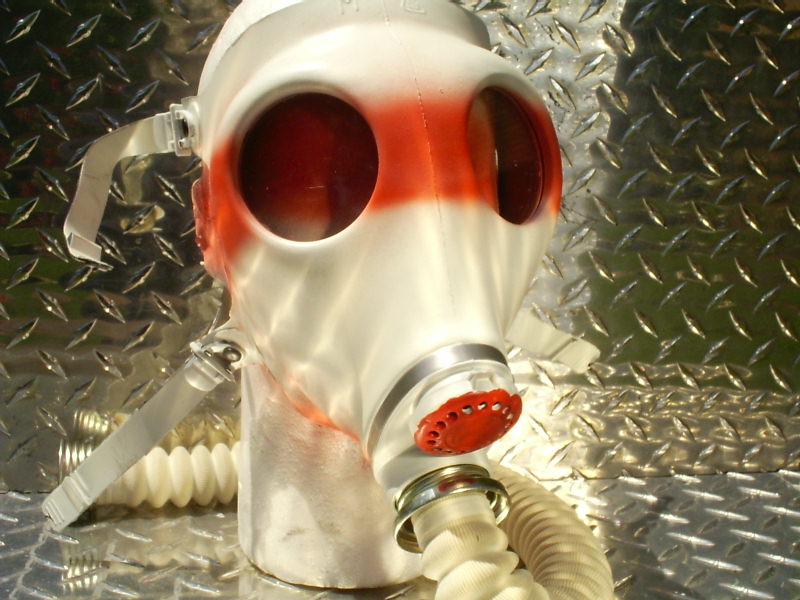
There are no protests in Europe, no angry activists spilling cow’s milk in the supermarkets of Terry Gilliam’s Great Britain, no stories about neocolonialism or throwing statues into the streams of insignificant Island towns. No tearful eco-activists in Stephansplatz in Austria with pictures of cows in capitalist slaughterhouses. And there is no Greta…
Silence. The EU approved. They must be right, and Serbia is just a small cog in the redistribution of the global mega-production. Criminalised, bribed, betrayed, brought to its knees, Serbia with some ‘ugly, resourceless, poor citizens’ who seek medical treatment for their children and the elderly via SMS messages, and who seem to be of no use to anyone. That is how the Government thinks and maybe the opposition, if there still is one. The issue of lithium has become an issue of power, as well as ecology, the means to achieving the goal – power, and empty words in an insulting rhetoric and general non-action.
A silence that is neither ascetic nor human, the absence of the voices of those who represent the people is a silence noisier than the regime’s media. Jadar1 is just one in a series of ecological disasters orchestrated on the territory of Serbia, which will turn the country and the Balkans into Mordor, a set for some future films that will be made with gas masks, a living virtual reality of the new age in which there is no place for the human being. At least not in the Dostoevskian sense.
Slavoj Žižek is right when he says that “what makes biomass exploitation different from capitalist logic is that it accepts chaotic desolation as our basic problem.”2 The problem is of course much deeper, more complex and can be analysed from many aspects. Without going into those analyses I would just like to remind that desolation, at least in Serbia, is the basic problem, literal and moral. Literally that is what Rio Tinto will leave behind, morally since the 1990s someone else’s problem is really someone else’s problem and not ‘ours’ anymore, a corporate logic. Elizabeth Theokritoff reminds us, drawing upon ancient sources, the Fathers, the liturgy, and the lives of the saints, that “creation is God’s epiphany and the human person a connecting link between creation and Creator.”3 Therefore, Theokritoff adds, “Christian love manifests through the right use of material things.”4 There is a Slavic word that refers to natural ‘resources’ – bogatstvo5, which means richness, not resource. The difference between the two is conceptual, contextual and one might claim spiritual. It is the difference between noisy silence (desolation and isolation) and ascetic silence (act and action, richness and community).
There is still a hidden humanity that is not talked about, voices are still heard from those who choose to remain human, from those who have nothing to lose, or from those young people who have not yet been corrupted or immersed in the evil of hypocrisy. This still gives hope to the veterans that everyone from their place and their position will fight against Rio Tinto, but also every other ecological and ideological evil that leaves desolation behind. Desolation is the hallmark of evil.
Today, in our age, not doing and not acting in accordance with one’s conscience is a crime – a giving up of humanity. Let us light the candle and find the human in us, so that we can fight for the (bare) survival, at least of those who are still innocent, the children. Perhaps in that small sacrifice there will be hope for the rest of us, for we did not care about some countries in Africa for example, as long as we could enjoy the colourful lie of a better life, new phones, and everything fancy that Žižek nicely calls “garbage.”6
Without any intention of sounding dramatic, pathetic or depressing I would say that these are indeed the defence and the last days7. Whose defence and whose last days the future is yet to show. In this sense, with the permission of the editors I send warm greetings and congratulations to the brave citizens of Jadar and Valjevo county, and I remind those in the country that a large diaspora of the entire Balkan peninsula is watching you.
Meanwhile, Greta – please retire, you are too old for your age. Just like the irreparable Europe for whom human rights shall remain only a dead letter on paper, a distant memory embodied in a few monuments. If Europe does not care about the Balkans, maybe the Balkans should take care of itself. For that purpose, it will need to lose vassals and become selfless and ascetic in thinking. Or there won’t be the Balkans.
Perhaps, if this miracle happens, the Balkans can invite our Europe over as a guest with the words of Vlada Divljan:
“Come, come
There is a new me waiting for you.”
Vlada Divljan finishes this song with the words: “My God is waiting for me.” Maybe Europe will find God in the Balkans. But for now, one thing is certain, some will find God, and some will lose him – unless they act, now.
Footnotes:
- Jadar is located in Western Serbia, rich in biodiversity, fertile land, animal life with rivers Jadar and Drina and the mountain of Cer. It is a home of many Monasteries dating to the 10th century and a hub of vibrant cultural life. ↩︎
- Slavoj Žižek: “We are all Biomass” in Project Syndicate, New York, 23 July 2024: https://www.project-syndicate.org/commentary/environmental-predicament-basis-for-solidarity-by-slavoj-zizek-2024-07 ↩︎
- Elizabeth Theokritoff: Living in God’s Creation: Orthodox Perspectives on Ecology, Crestwood, New York: SVS Press, 2009. ↩︎
- Ibid. ↩︎
- Proto-Slavic: bogatьstvo ↩︎
- Slavoj Žižek: Ibid. ↩︎
- The title of this article is inspired by the song Defence and the Last Days (Idoli, Yugoslavia, 1982) ↩︎
Photocredits: (C) Wikimedia Commons
RaT-Blog Nr. 14/2024